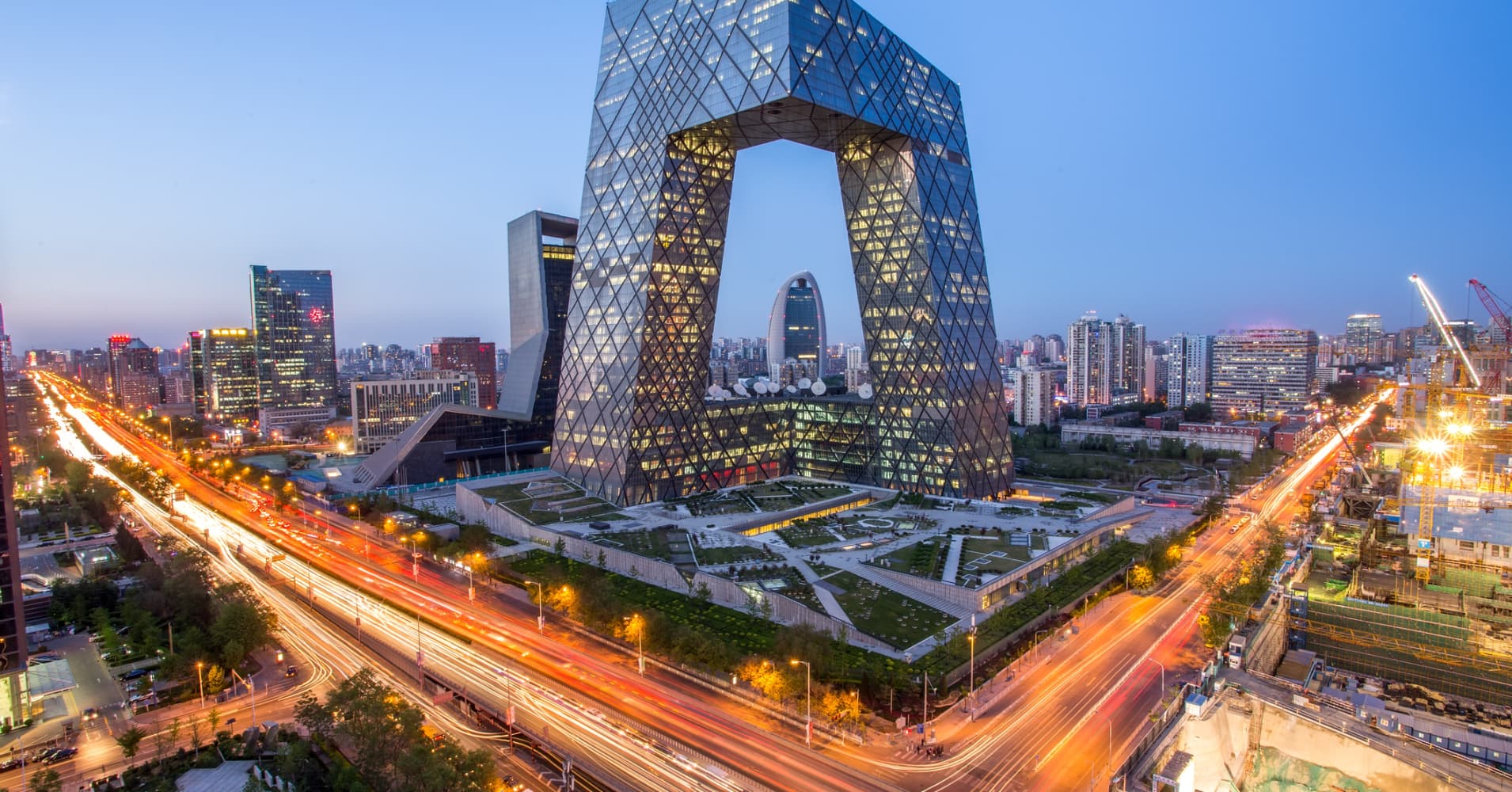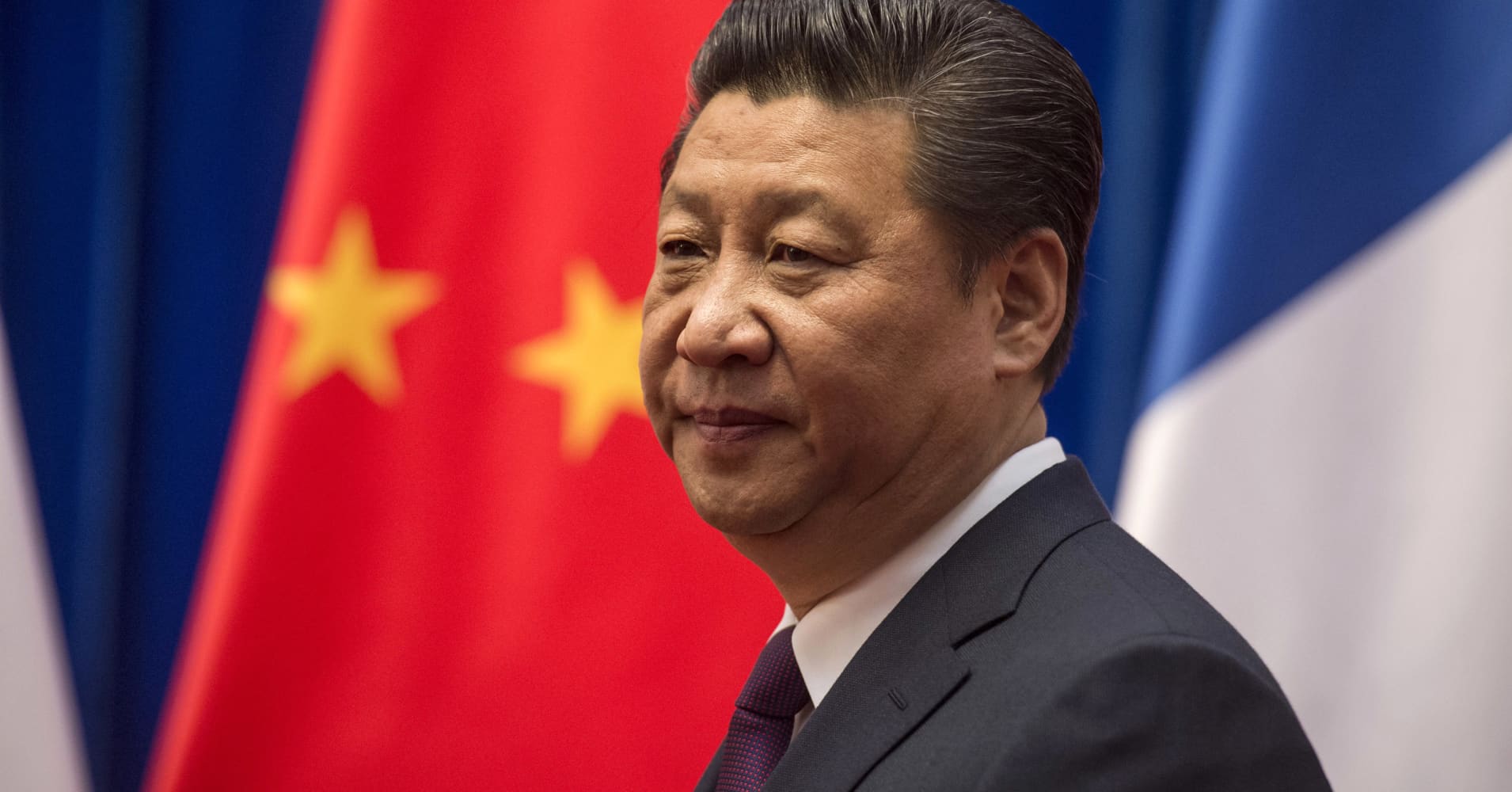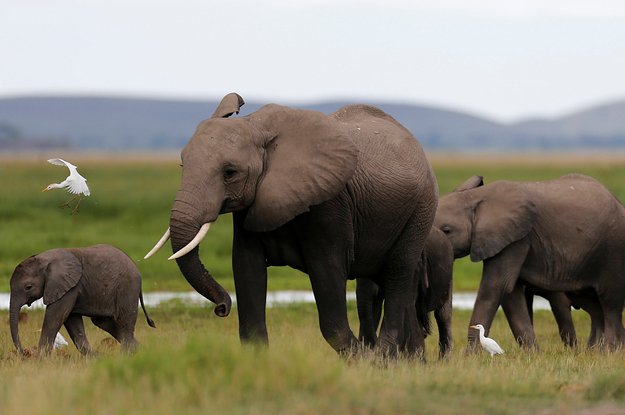 CHINA’S military has become alarmed by what it sees as U. S. President-elect Donald Trump’s support of Taiwan and is considering strong measures to prevent the island from moving toward independence, sources with ties to senior military officers said.
CHINA’S military has become alarmed by what it sees as U. S. President-elect Donald Trump’s support of Taiwan and is considering strong measures to prevent the island from moving toward independence, sources with ties to senior military officers said.
Three sources said one possibility being considered was conducting war games near the self-ruled island that China considers as a breakaway province. Another was a series of economic measures to cripple Taiwan.
It was not clear whether any decisions had been taken, but the sources, who spoke on condition of anonymity, said the Taiwan issue had become a hot topic within the upper echelons of China’s People’s Liberation Army (PLA) in recent weeks.
Trump, due to take office on Jan 20, angered Beijing this month by speaking to Taiwan’s president by telephone, breaking decades of precedent and casting doubt on his incoming administration’s commitment to Beijing’s “one China” policy. Beijing fears this could embolden supporters of independence in Taiwan.
“If Trump challenges ‘one China’ after becoming president, this would cross our red line,” said another source, who has ties to China’s leadership.
China’s defence ministry declined to comment. An official at the ministry’s news department said China’s position was clearly laid out in the 2005 Anti-Secession Law, which authorises the use of force against Taiwan in the event China judges it to have seceded.
SEE ALSO: Trump calls out China on Twitter after breaking protocol with Taiwan call
Asked about any possible aggressive moves from China, Taiwan defence ministry spokesman Chen Chung-shi said: “We are fully prepared, and plan for the worst while preparing for the best.”
China claims self-ruled Taiwan as its sacred and inviolable territory and is deeply suspicious of President Tsai Ing-wen, whose ruling Democratic Progressive Party espouses the island’s independence. Tsai, who took power this year, says she wants to maintain peace with China, but China is unconvinced.
Tsai said on Saturday that Taiwan will be “calm” when facing issues to do with China, but uncertainties next year will test the self-ruled island and its national security team.
Beijing has also been angered by a trip planned by Tsai in January to Latin America in which she will transit through Houston and San Francisco. China has urged the United States to block the stopovers.
Chinese officials have blamed Taiwan for creating trouble rather than Trump, and many of them believe he will be more accommodating to China once in office.
“We’re ready. If Taiwan wants to make trouble so can we. Let’s hit them hard,” said an official in Beijing who meets regularly with China’s most senior military officers, including those who work directly with President Xi Jinping.
“We can hold exercises close to Taiwan, and show them the damage we could cause. Taiwan will have to give in then,” the official added, citing a recent conversation with one of the military officers.
ONE CHINA POLICY
The United States is bound by law to provide Taiwan with the means to defend itself, but it’s unclear if the United States would send troops in the event of war between China and Taiwan.
Washington also acknowledges Beijing’s position that there is only one China and Taiwan is its territory.
A retired senior officer who maintains contacts with the PLA told Reuters that China probably wouldn’t need to fire any missiles to bring Taiwan to its knees. China is Taiwan’s largest trading partner, and Taiwan runs a huge trade surplus with China, worth US$27 billion in 2015.
“We can just cut them off economically. No more direct flights, no more trade. Nothing. Taiwan would not last long,” the officer said. “There would be no need for war.”
SEE ALSO: China says ‘extremely dissatisfied’ with renaming of de facto Japanese embassy in Taiwan
In addition, any Western economic blockade of China put in place in the event of war with Taiwan would also be damaging to China, already dealing with a slowing economy.
A U. S. defence official, who spoke on condition of anonymity, said Chinese actions had been more provocative in the past month, since Trump won the U. S. election and made comments about Taiwan.
This month, a Chinese naval flotilla headed by its sole aircraft carrier, the Liaoning, took part in drills that took it around Taiwan.
Chinese air force jets have performed similar drills in recent weeks, flying close to the island, though China has officially called the air force and naval exercises routine.
China also scored a diplomatic victory when tiny Sao Tome and Principe switched recognition to Beijing from Taiwan. – Reuters
© Source: https://asiancorrespondent.com/2016/12/china-considering-strong-measures-contain-taiwan-sources/
All rights are reserved and belongs to a source media.
 SHANGHAI: China has recovered 2.3 billion yuan (US$331.27 million) in losses from graft in the first 11 months of this year from across more than 70 different regions and countries, the country’s corruption watchdog said on its official website on Saturday.
SHANGHAI: China has recovered 2.3 billion yuan (US$331.27 million) in losses from graft in the first 11 months of this year from across more than 70 different regions and countries, the country’s corruption watchdog said on its official website on Saturday.

 SHANGHAI: One of China’s top coal-producing provinces has vowed to slash its level of fine particle pollution by one-fifth by 2020, the official Xinhua news agency reported on Saturday, citing the provincial government.
SHANGHAI: One of China’s top coal-producing provinces has vowed to slash its level of fine particle pollution by one-fifth by 2020, the official Xinhua news agency reported on Saturday, citing the provincial government.
 CHINA’S military has become alarmed by what it sees as U. S. President-elect Donald Trump’s support of Taiwan and is considering strong measures to prevent the island from moving toward independence, sources with ties to senior military officers said.
CHINA’S military has become alarmed by what it sees as U. S. President-elect Donald Trump’s support of Taiwan and is considering strong measures to prevent the island from moving toward independence, sources with ties to senior military officers said. 
 State broadcaster Central China Television has rebranded its international networks and digital presence under the name China Global Television Network as part of a push to consolidate its worldwide reach.
State broadcaster Central China Television has rebranded its international networks and digital presence under the name China Global Television Network as part of a push to consolidate its worldwide reach. 
 Chinese President Xi Jinping said Saturday that his government would continue to focus on poverty alleviation at home and resolutely defending China’s territorial rights on the foreign front.
Chinese President Xi Jinping said Saturday that his government would continue to focus on poverty alleviation at home and resolutely defending China’s territorial rights on the foreign front. 
 China will ban all domestic ivory trade within the country by the end of 2017, the country’s announced Friday, in a “game-changing” move that wildlife campaigners say may help protect the species against poachers. This move is significant for the world’s elephant population, as conservationists estimate that are killed by poachers each year, mostly to satisfy the demand for ivory products in Asia —. A published in September showed that the savannah elephant population has declined 30% in the past seven years, mostly due to poaching. The survey placed the number of wild elephants on the continent at just less than 400,000. The first phase of China’s ivory trade ban will be implemented by the end of March, when the government begins the process of shutting down the country’s 34 processing facilities and 143 designated ivory trading venues. In , an official with the State Forestry Administration said that “dozens” of these organizations will be closed by April 1, 2017. The Chinese Ministry of Culture will assist employees of the ivory trade in finding new occupations that utilize their carving skills, likely in antique restoration and maintenance. Per the directive, China will also step up its enforcement of illegal ivory sales and set up a system to regulate the transfers or sales of those ivory goods currently owned by citizens. All domestic processing and trading of ivory will be shut down by Dec. 31, 2017. Animal welfare and conservation groups worldwide are applauding China’s decision. president and CEO Carter Roberts called it “a game changer for elephant conservation”. In a press release, the Asia Director, Aili Kang wrote, “This is great news that will shut down the world’s largest market for elephant ivory. I am very proud of my country for showing this leadership that will help ensure that elephants have a fighting chance to beat extinction.” The Chinese government also plans to launch a public awareness campaign about the brutalities of the ivory trade to discourage consumers, a move through which conservation groups have seen success in China in the past. A four-year anti-ivory campaign by the International Fund for Animal Welfare — which depicted a young elephant excited about his new tusks walking with his mother — reached 75% of the urban Chinese population. showed that this specific PSA had reduced the number of Chinese people likely to purchase ivory from 54% of the population to 26%.
China will ban all domestic ivory trade within the country by the end of 2017, the country’s announced Friday, in a “game-changing” move that wildlife campaigners say may help protect the species against poachers. This move is significant for the world’s elephant population, as conservationists estimate that are killed by poachers each year, mostly to satisfy the demand for ivory products in Asia —. A published in September showed that the savannah elephant population has declined 30% in the past seven years, mostly due to poaching. The survey placed the number of wild elephants on the continent at just less than 400,000. The first phase of China’s ivory trade ban will be implemented by the end of March, when the government begins the process of shutting down the country’s 34 processing facilities and 143 designated ivory trading venues. In , an official with the State Forestry Administration said that “dozens” of these organizations will be closed by April 1, 2017. The Chinese Ministry of Culture will assist employees of the ivory trade in finding new occupations that utilize their carving skills, likely in antique restoration and maintenance. Per the directive, China will also step up its enforcement of illegal ivory sales and set up a system to regulate the transfers or sales of those ivory goods currently owned by citizens. All domestic processing and trading of ivory will be shut down by Dec. 31, 2017. Animal welfare and conservation groups worldwide are applauding China’s decision. president and CEO Carter Roberts called it “a game changer for elephant conservation”. In a press release, the Asia Director, Aili Kang wrote, “This is great news that will shut down the world’s largest market for elephant ivory. I am very proud of my country for showing this leadership that will help ensure that elephants have a fighting chance to beat extinction.” The Chinese government also plans to launch a public awareness campaign about the brutalities of the ivory trade to discourage consumers, a move through which conservation groups have seen success in China in the past. A four-year anti-ivory campaign by the International Fund for Animal Welfare — which depicted a young elephant excited about his new tusks walking with his mother — reached 75% of the urban Chinese population. showed that this specific PSA had reduced the number of Chinese people likely to purchase ivory from 54% of the population to 26%.

